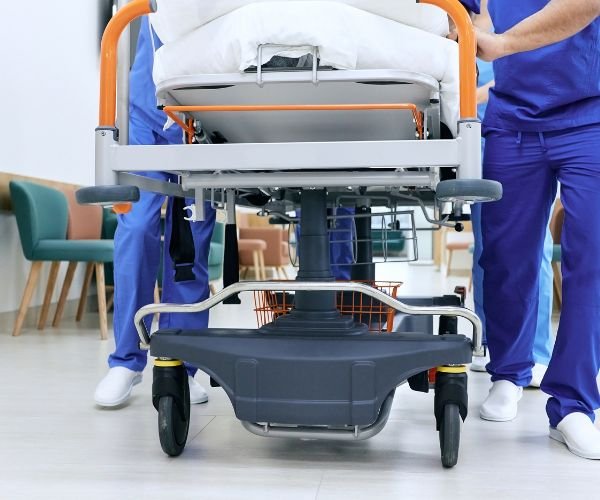MODULES
1. Introduction to Trauma Systems & Pre-Hospital Triage
2. Primary Survey (ABCDE approach) and Rapid Trauma Assessment
3. Airway Management: Basic, Advanced, and Surgical Techniques
4. Breathing & Ventilation: Chest Trauma and Pneumothorax Management
5. Circulatory Shock: Hemorrhage Control, IV/IO Access, and Fluids
6. Head and Spinal Injuries: Assessment and Immobilization
7. Musculoskeletal Trauma: Fractures, Dislocations, Splinting
8. Abdominal and Pelvic Trauma: Internal Bleeding and Stabilization
9. Burns, Environmental and Blast Injuries
10. Pediatric and Geriatric Trauma Considerations
11. Trauma Resuscitation Team Roles and Handover (SBAR/MIST)
12. Practicum, Trauma Simulation, and Capstone Project
Learning Outcomes
By the end of the program, participants will be able to:
1. Perform rapid trauma assessments using the primary and secondary survey frameworks
2. Stabilize and manage patients with airway, chest, and circulatory compromise
3. Apply hemorrhage control techniques, including tourniquets and hemostatic agents
4. Safely immobilize spinal and musculoskeletal injuries
5. Operate effectively within an emergency trauma team, ensuring efficient triage, handover, and transport coordination




